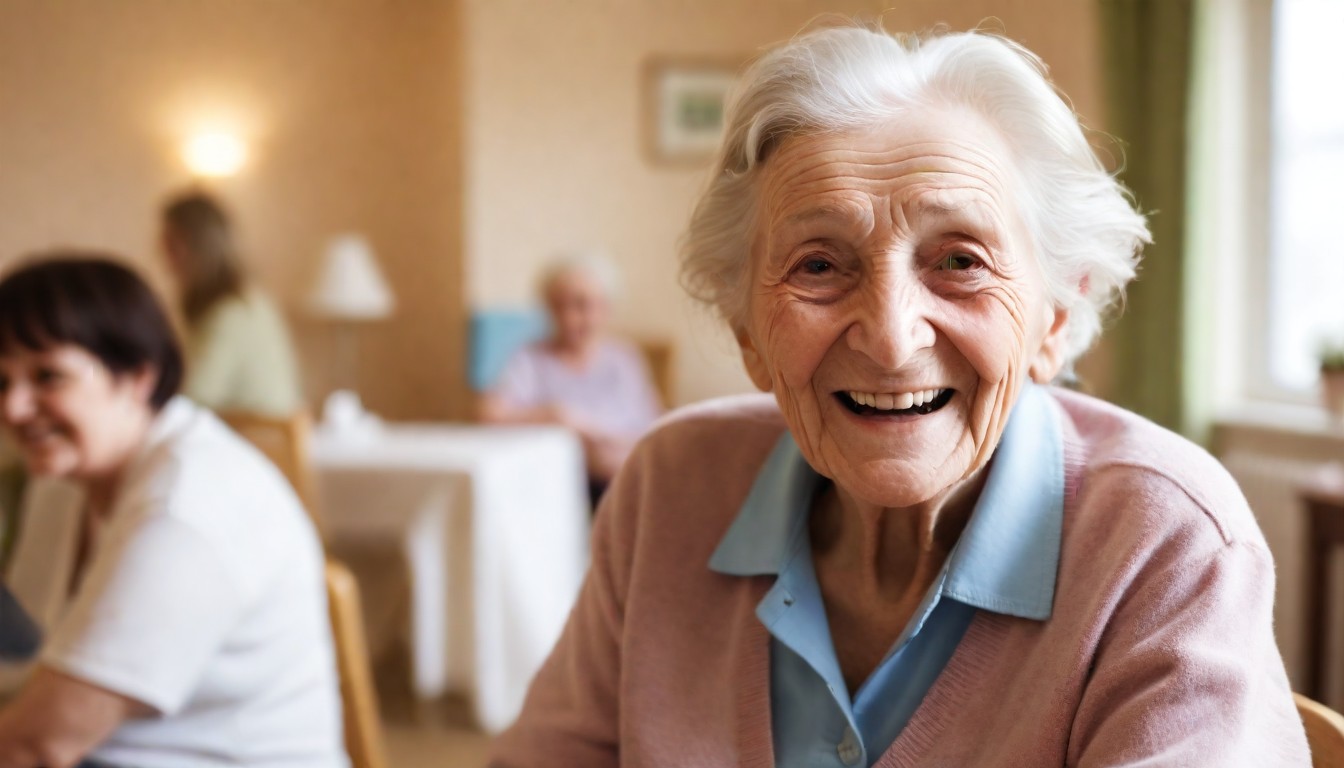This guide will help you with answers to the Care Certificate Standard 8.1d Explain how to promote adequate nutrition and hydration.
It is crucial to ensure that individuals receive the right nutrition and hydration. These elements are essential for their health and wellbeing.
Let’s explore how to support proper nutrition and hydration, as outlined in Care Certificate Standard 8.1d.
Understanding the Importance of Nutrition and Hydration
Why are nutrition and hydration so important?
- Nutrition: It gives the necessary nutrients for energy, growth, and repairing tissues.
- Hydration: It supports bodily functions, regulates temperature, helps transport nutrients, and prevents constipation.
By understanding these basics, you can better promote health within your care practices.
Promoting Nutrition and Hydration
1. Assess Individual Needs
- Personalised Care Plans: Evaluate each person’s dietary needs considering their health conditions (like diabetes or heart disease), allergies, and cultural or religious preferences.
- Monitor Health: Regularly check their weight and general health to ensure they receive all necessary nutrients.
2. Create a Supportive Environment
- Mealtime Atmosphere: Set up a clean dining area that helps people feel comfortable eating. Keep distractions to a minimum.
- Assistive Tools: Provide special utensils for those who struggle to eat by themselves, such as adapted cutlery for arthritis sufferers.
3. Encourage Choice and Independence
- Menu Options: Offer various healthy choices so everyone can enjoy their preferred meals while getting a balanced diet of carbs, proteins, fats, vitamins, and minerals.
- Support Self-Feeding: Where possible, encourage individuals to feed themselves to enhance their independence and self-respect.
4. Hydration Strategies
Accessible Water: Always have fresh water available. Encourage people to drink not only during meals but also in between.
Variety of Fluids: Offer different drinks like juices, soups, or herbal teas for those who might not prefer water.
5. Collaboration with Health Professionals
Dietician Consultation: If someone has special dietary needs, work with dieticians or nutritionists. They can create specific diet plans for conditions like diabetes or obesity.
Regular Reviews: Have healthcare professionals regularly check health and dietary plans to meet any new requirements.
6. Educating and Training Staff
Awareness Training: Train all caregiving staff on the basics of nutrition and hydration. They need to recognise signs of malnutrition and dehydration.
Skill Development: Teach staff how to promote good nutrition and hydration effectively, including helping those who struggle with eating and drinking.
7. Continuous Monitoring and Feedback
Observe Eating Patterns: Regularly check the eating and drinking habits of individuals. Watch for any changes in appetite or preferences.
Feedback Mechanisms: Set up ways for individuals and their families to share any concerns or preferences about food and drink.
Example Activity 8.1d Answers
Example 1: Personalised Meal Planning
“As a care worker, I ensure that each individual I support has a meal plan tailored to their specific dietary needs and preferences. For instance, one of the residents has Type 2 diabetes, so I coordinate with our nutritionist to prepare meals that are low in sugar and carbohydrates. We also consider his preferences for certain vegetables and fruits to keep the meals enjoyable for him. I monitor his blood sugar levels as advised to ensure the diet is effectively managing his condition.”
Example 2: Encouraging Healthy Hydration
“I actively promote hydration throughout the day, especially because some of our residents tend to drink less water than they should. I have introduced visually appealing and accessible hydration stations with signs reminding everyone to drink water regularly. I offer a variety of fluids between meals, such as herbal teas and flavoured waters, to ensure those who dislike plain water still stay hydrated. For those who have difficulty remembering to drink, I gently remind them and keep track of their intake to prevent dehydration.”
Conclusion
To promote proper nutrition and hydration, a tailored approach is essential. This involves assessing individual needs, creating the right environment, educating staff, and ongoing monitoring with adjustments as needed. By doing this, caregivers can help ensure that those under their care lead healthy lives through adequate nutrition and hydration.

